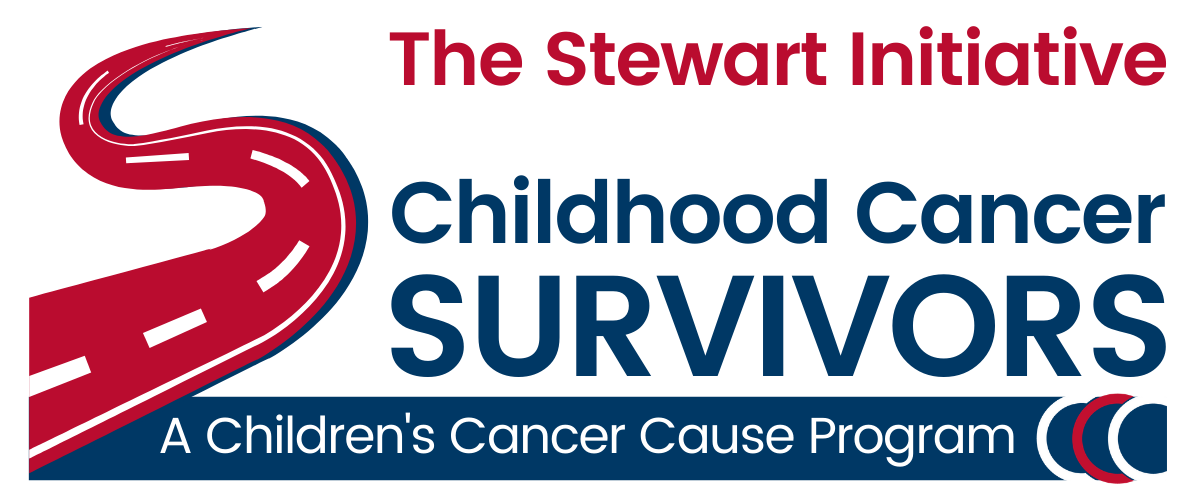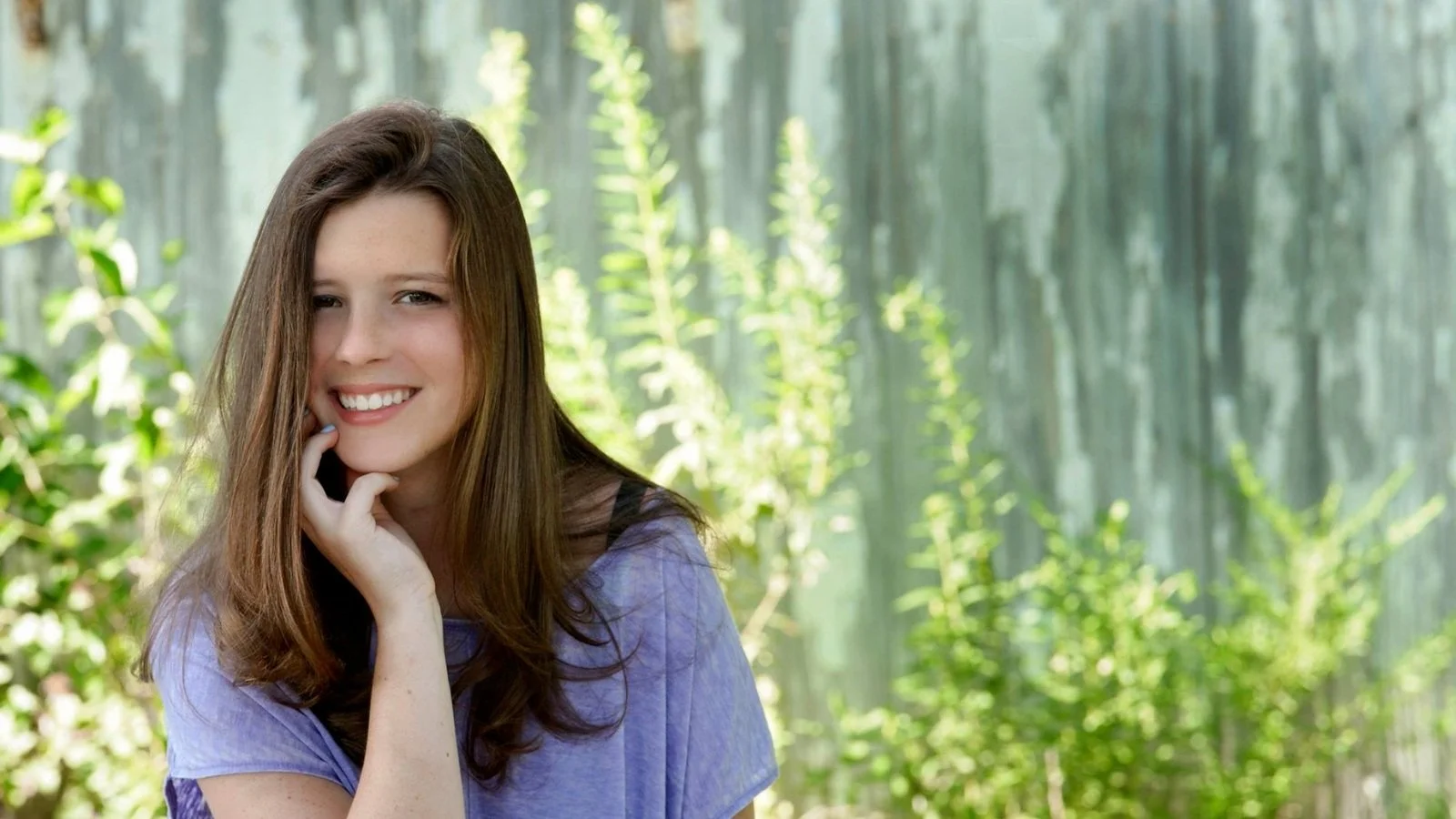
Healthy Living & Self-Care
The basics of prevention & healthy living:
Brush and floss.
Cancer survivors need to be especially diligent with their oral hygiene. Radiation and chemotherapy may have had a serious impact on your dental health, from cavities and sensitivity to weakened teeth roots and enamel.
Make dental visits a priority fixture in your calendar: try to set up a visit every six months. Your dentist should have a record of your complete health history.
Learn More: Dental Health (Children’s Oncology Group)
Wear sunscreen and limit sun exposure.
A recent study found that childhood cancer survivors are at increased risk of skin cancer compared to the general population. The best line of defense is to always wear sunscreen of at least SPF 30 and limit sun exposure during the hottest part of the day.
Examine carefully any moles or other spots. Pay particular attention to the area that received radiation. Be sure to tell your doctor if you find any abnormal bump, mole or spot.
Learn more: Skin Cancer Foundation
Exercise.
A large body of research tells us that regular, moderate exercise provides many health benefits, including improving heart health, reducing fatigue, and controlling weight. Childhood cancer survivors are at an increased risk of obesity and metabolic syndrome, so exercise is especially important for this population.
The COG advises survivors treated with anthracyclines or chest radiation to clear strenuous exercise or varsity team sports with their doctor, as some types of strenuous exercise are stressful on the heart.
Featured Resource: Skin cancer is the most common secondary cancer for childhood cancer survivors. Learn more about skin cancer from the St. Jude resource Together.
Eat healthy.
Eat more fruits, vegetables, whole grains, and beans. Certain naturally-occurring chemicals are known to help protect against cancer, including: phytochemicals found in brightly-colored vegetables; polyphenols, as found in certain herbs, berries, and teas; allium compounds like those in garlic and onions; and glucosinolates, as found in cruciferous vegetables.
Limit your consumption of processed meats like hot dogs, preservatives, sugary drinks, refined carbs, and red meat. Learn more: choosemyplate.gov
Limit alcohol.
Alcohol consumption raises the risk of cancers of the liver, head and neck, breast, and colon and rectum.
Cancer survivors who may already have damaged or weakened organs from their treatment are at even higher risk of suffering the harmful effects of alcohol.
Alcohol intake should be limited to two drinks per day for men and one drink per day for women.
Practice safe sex. Always.
Childhood cancer survivors are at significantly increased risk of developing HPV-associated malignancies in adulthood, compared to their peers.
Given this elevated risk, it is highly recommended that childhood cancer survivors receive the HPV vaccine — in addition to always practicing safe sex.
Featured Resource: The Cancer Support Community provides much more information on diet and nutrition, including a goals chart to help you get started on your path to healthier eating. The CSC also offers a Virtual Mind Body Studio with videos on yoga, meditation, and gentle exercise.
Get the Covid-19 Vaccine.
The Children’s Oncology Group strongly recommends that both children in treatment and cancer survivors receive the COVID-19 vaccine as soon as they are eligible for it. The Covid-19 vaccination offers the best possible protection against severe impacts of the virus.
In January 2022, the Food and Drug Administration (FDA) expanded the emergency use authorization of the Pfizer COVID-19 vaccine to allow for a third dose for certain immunocompromised children between the ages of 5-11. Eligible children include our community of pediatric cancer patients and survivors: those who have "undergone solid organ transplantation, or who have been diagnosed with conditions that are considered to have an equivalent level of immunocompromise."
Pediatric cancer patients and survivors should speak with their oncology or survivorship providers about whether a third shot is right for them.
The FDA also authorized booster doses for the 12-15 year old population. The booster interval has been updated to allow all individuals ages 12 and up to receive their booster five months after completion of their primacy Pfizer vaccination series.
Learn more on the Children’s Cancer Cause COVID-19 resource page.
More Self-Care Tips, from Dr. Monica Gramatges:
In January 2022, we talked to Dr. Monica Gramatges, Associate Section Chief and Co-Director of the Long-Term Survivor Program at Texas Children’s Cancer and Hematology Centers, about some healthy living tips for childhood cancer survivors.
“Our community is under so much stress right now. There are so many challenges we're facing. I want to remind everyone that taking moments for self-care is so important. It cannot be understated. Whether it's making time for exercise, or just to walk in the woods, or spending time with family. Meditation, yoga, whatever you need to do. Everyone has their own menu of self-care practices. You know what works for you. I would encourage every person to be mindful of their own needs.”
Avoid Tobacco.
The top item on every cancer prevention list is likely to be the same: NO SMOKING! You probably already know that smoking puts people at risk of lung cancer, which kills more Americans every year than car accidents, fires, murders, suicides, alcohol and drugs combined.
But as a cancer survivor, your body may be even more susceptible to the harmful effects of smoking, especially if you were exposed to chemo or radiation that weakened your lungs. Even being around secondhand smoke from family members or friends can put your health at significant risk.
E-cigarettes and smokeless tobacco also carry significant risks, especially for cancer survivors. Smokeless tobacco can cause cancers of the mouth, esophagus, and pancreas. In addition to the extremely addictive nature of nicotine, many of the flavorings used in e-cigarettes are linked to serious lung disease.
There are many available resources and apps to help you quit tobacco. You can call a quit line, such as: Call 1-800-QUIT-NOW, or for the National Cancer Institute’s line, call 1-877-44U-QUIT.
“There are countless moments when I wanted to continue laying down or using a wheelchair because walking was so hard and uncomfortable, but I always kept trying. Each day, it got a little easier.”
- Victoria Boals, Brain Tumor Survivor and Children’s Cancer Cause College Scholar
Victoria Boals of New Albany, Ohio, was diagnosed with terminal brain cancer - a tumor the size of a golf ball on her brain stem - when she was a freshman in high school. “For me, getting through high school was similar to scaling a vast mountain range. It seemed like after overcoming each challenge, a new obstacle would immediately present itself,” says Victoria. And she wasn’t done climbing mountains: her tumor began to grow again during her freshman year of college. After her third brain surgery, Victoria spent four months living in the hospital, participating in intensive rehabilitation therapy and re-learning basic skills like how to eat, walk, talk, and even close her left eye.
Today, Victoria is a full-time university student pursuing a degree in neuroscience.
“I am proof that if you put in the hard work and dedication, you can achieve your goals. You are your best advocate. Excuses will hold you back. Just because something may seem hard today, doesn’t mean it will always be hard,” says Victoria. “You are able to take a bad situation and improve on it by always believing that you hold the power to better yourself.”


